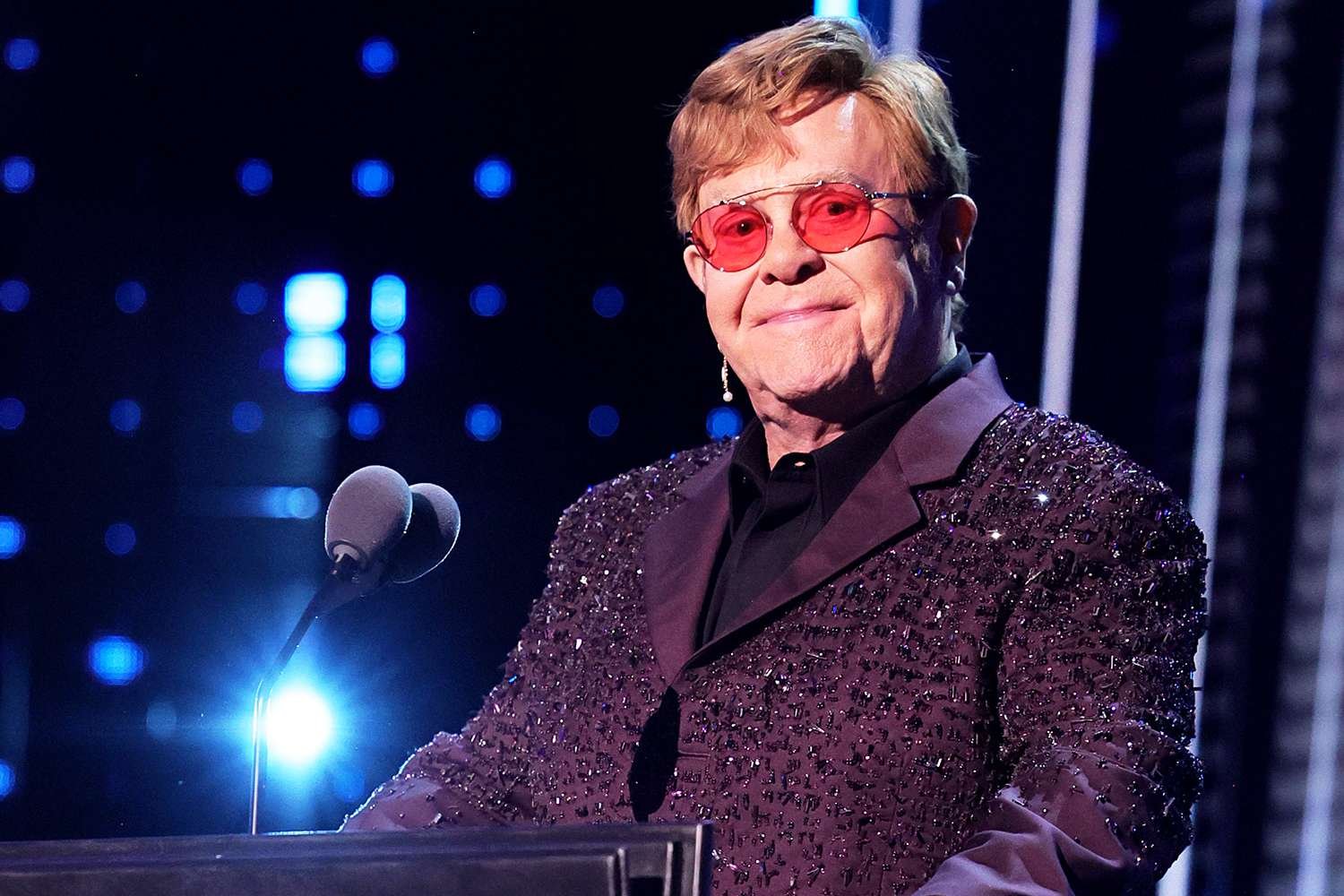Lunar Expedition Unveiled
In the epoch of 1972, a cosmic fervor enveloped the world, seamlessly harmonizing with the Apollo 16 mission’s lunar odyssey. A resounding symphony of space exploration echoed with the release of “Rocketman,” marking mankind’s fifth lunar rendezvous.
Bernie Taupin, the lyrical craftsman, drew breath from Ray Bradbury’s celestial saga, “The Rocket Man.” Woven into the tapestry of Bradbury’s 1951 anthology, “The Illustrated Man,” this narrative unfurls the poignant tale of a rocket man wrestling with the conundrum of familial ties and the beckoning call of cosmic duty, as seen through the innocent gaze of a child.
The Song’s Muse
Gus Dudgeon, the orchestrator of this cosmic melody, had previously danced with David Bowie on the “Space Oddity” stage in 1969. “Rocketman,” too, resonated with a kindred theme, sparking accusations of borrowed brilliance from Bowie. However, both Elton and Taupin vehemently repudiated such claims, ensuring the song’s authenticity.
The lyrical genesis unfolded amidst the English landscape of Lincolnshire, near Taupin’s parental abode. A serendipitous drive kindled the birth of the opening verses, capturing the essence of urgency:
“She packed my bags last night, pre-flight. Zero hours, 9 a.m., and I’m gonna be high as a kite by then.”
Thus commenced the odyssey of “Rocket Man,” a tale of an astronaut thrust into the cosmic abyss as a pawn in a scientific experiment.
Milestone in Melody
Gus Dudgeon’s wizardry and Elton’s vocal prowess catapulted “Rocket Man” into the echelons of Elton John’s career, surpassing the zenith of his earlier triumph, “Your Song.” The song’s stratospheric success not only serenaded the charts but also fortified Elton’s belief in his enduring presence within the harmonious realms of the music industry.
